7 Ways Cleanroom Solutions Improve Manufacturing Efficiency
Maximizing Manufacturing Efficiency with Cleanroom Solutions
In today’s competitive manufacturing landscape, efficiency is key to maintaining high production standards and meeting market demands. One of the most impactful yet often overlooked strategies for optimizing operations is implementing cleanroom solutions. These controlled environments not only safeguard product quality but also enhance productivity, ensure regulatory compliance, and reduce costs. In this article, we explore seven critical ways cleanroom solutions can boost manufacturing efficiency and improve overall operational performance.
Enhancing product quality through contamination control
Cleanroom solutions are engineered to minimize airborne contaminants, including dust, microbes, and chemical vapors. By controlling these variables, manufacturers can maintain ISO-certified cleanroom environments, ensuring products meet stringent industry standards. This leads to higher-quality output, fewer defects, and reduced product recalls—saving businesses time and money while protecting brand reputation.
For instance, the pharmaceutical, biotechnology, and semiconductor industries heavily rely on controlled cleanroom environments to maintain purity in drug formulations and microelectronics. Advanced HEPA and ULPA filtration systems remove particulate matter, ensuring that manufacturing processes remain free from contamination risks that could compromise product integrity.
Improving workflow and productivity
A well-designed cleanroom provides an organized, controlled workspace that streamlines manufacturing processes. ISO-compliant layouts, optimized airflows, and stringent entry protocols contribute to a seamless production line, minimizing bottlenecks and inefficiencies.
Additionally, cleanrooms reduce equipment downtime by preventing dust and debris buildup that can interfere with sensitive machinery. In high-precision industries such as aerospace and medical device manufacturing, even minute contaminants can impact production outcomes. Implementing cleanroom solutions enhances operational efficiency, allowing manufacturers to maintain high production rates with fewer disruptions.
Ensuring compliance with industry standards
Regulatory bodies such as the FDA, ISO, and GMP (Good Manufacturing Practice) standards require stringent contamination control measures in industries like healthcare, electronics, and biotechnology. Failure to comply with these standards can lead to costly fines, product recalls, and reputational damage.
By investing in cleanroom technology, manufacturers can easily meet and exceed industry regulations, passing audits and inspections with confidence. This ensures uninterrupted production, faster time-to-market, and a competitive edge in regulated industries.
Reducing operational costs
While the initial investment in cleanroom infrastructure may seem substantial, the long-term financial benefits outweigh the costs. Cleanroom solutions help reduce waste, optimize resource utilization, and minimize rework, all of which translate into significant savings over time.
Additionally, modern cleanroom designs integrate energy-efficient HVAC systems, LED lighting, and advanced airflow control, resulting in lower utility costs. These features not only enhance environmental sustainability but also contribute to substantial cost reductions in the manufacturing process.
Driving Innovation and Research Capabilities
Cleanrooms provide a controlled, contamination-free environment, making them ideal for research, development, and testing of new products. In industries like nanotechnology, biotechnology, and pharmaceuticals, even microscopic particles can compromise experimental results.
By incorporating cleanroom solutions, companies can conduct precise, repeatable testing, leading to breakthrough advancements in product design and development. This fosters innovation, accelerates the prototyping phase, and enhances the reliability of research outcomes.
Enhancing employee safety and morale
A clean, controlled manufacturing environment reduces exposure to hazardous substances and airborne contaminants, creating a safer workspace for employees. By minimizing health risks associated with poor air quality or unclean conditions, cleanrooms contribute to better employee well-being and fewer workplace illnesses.
Additionally, a well-maintained cleanroom fosters higher morale and productivity. Employees working in a structured, well-organized environment are more likely to take pride in their work, follow safety protocols, and maintain a high standard of quality in their tasks.
Facilitating Scalability and Future Growth
As businesses expand, scalability becomes a crucial factor in maintaining operational efficiency. Cleanroom solutions offer modular, adaptable designs that can be customized to accommodate increasing production demands without sacrificing quality or compliance.
For industries experiencing rapid growth—such as semiconductors, medical technology, and advanced manufacturing—cleanrooms provide a future-proof solution that supports expansion without requiring significant structural modifications. This flexibility ensures businesses can meet market demands efficiently while maintaining high production standards.
Revolutionize Your Manufacturing Process with Cleanroom Solutions
Incorporating cleanroom technology into your manufacturing operations is a strategic investment that enhances efficiency, improves product quality, and ensures compliance with industry regulations. By minimizing contamination risks, optimizing workflow, and fostering innovation, cleanrooms empower businesses to stay ahead in a competitive landscape.
If you're looking to maximize manufacturing efficiency with customized cleanroom solutions, contact Cleanroom Specialists today. Our team of experts can help design and implement the perfect cleanroom system to meet your industry’s unique needs.
Visit www.cleanroomspecialists.com to learn more about how our cleanroom solutions can transform your operations.

